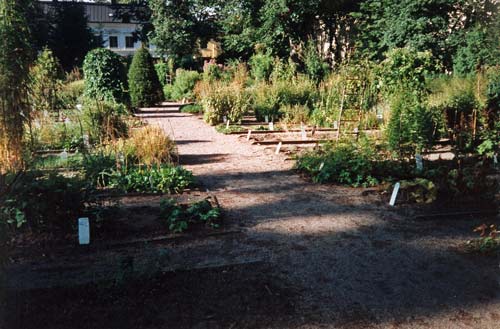
Carl Linnaeus of Sweden is considered the father of modern taxonomy (the science of classifying organisms). About 1,300 plants grow in Linnaeus's garden in Uppsala, Sweden – all are species that he cultivated. They are arranged in beds according to his classification system, which was based on observation and description. He devised seven major categories: kingdom, phylum, class, order, family, genus and species. The two most important are genus and species. Each known life form has a distinct species name. For example, red beech (Nothofagus fusca) and silver beech (Nothofagus menziesii) both belong to the genus Nothofagus, but have different species names (fusca and menziesii). While Linnaeus’s system is still in use, it has been much revised.
Using this item
Private collection, Alison Parr








Add new comment